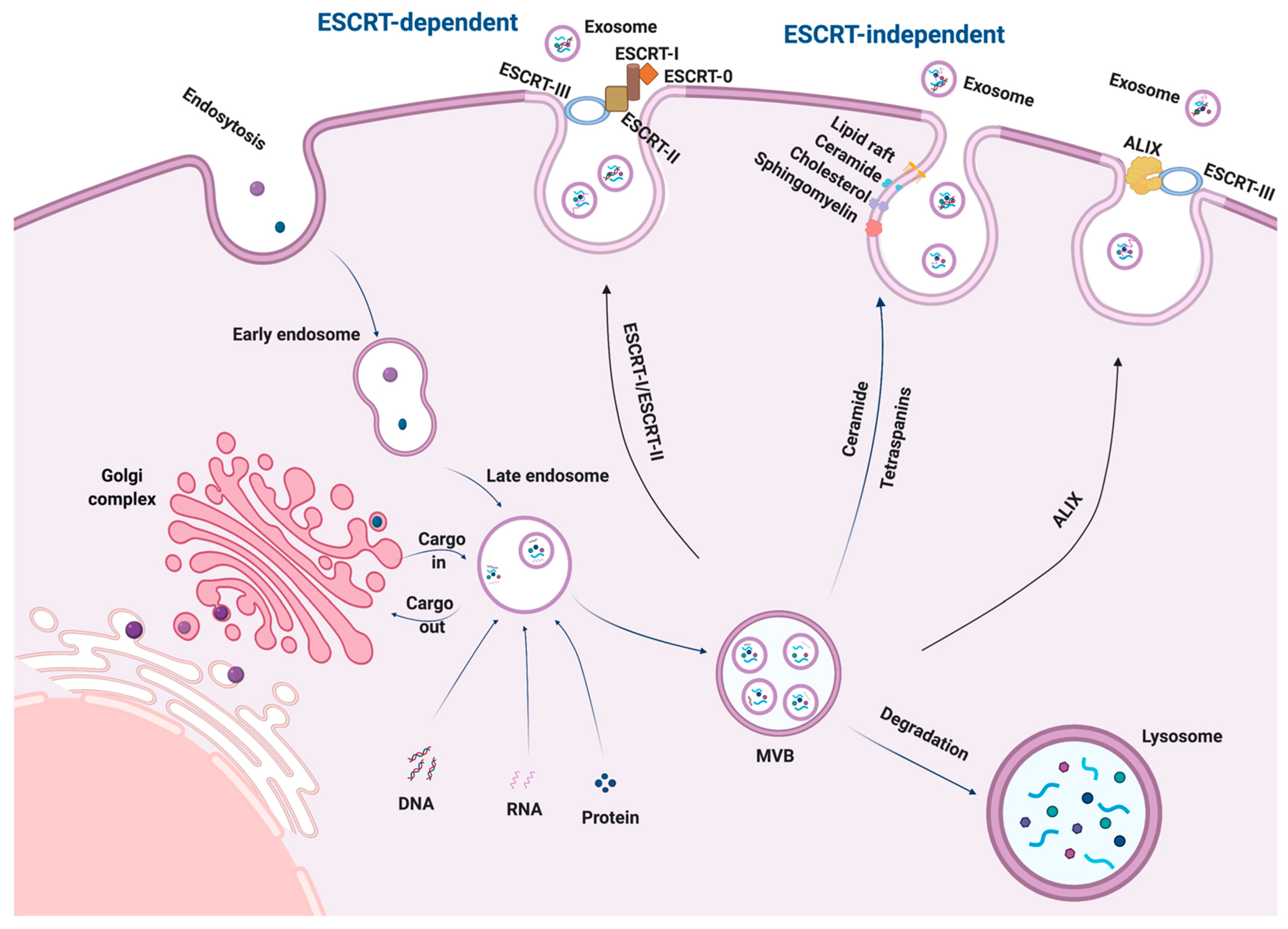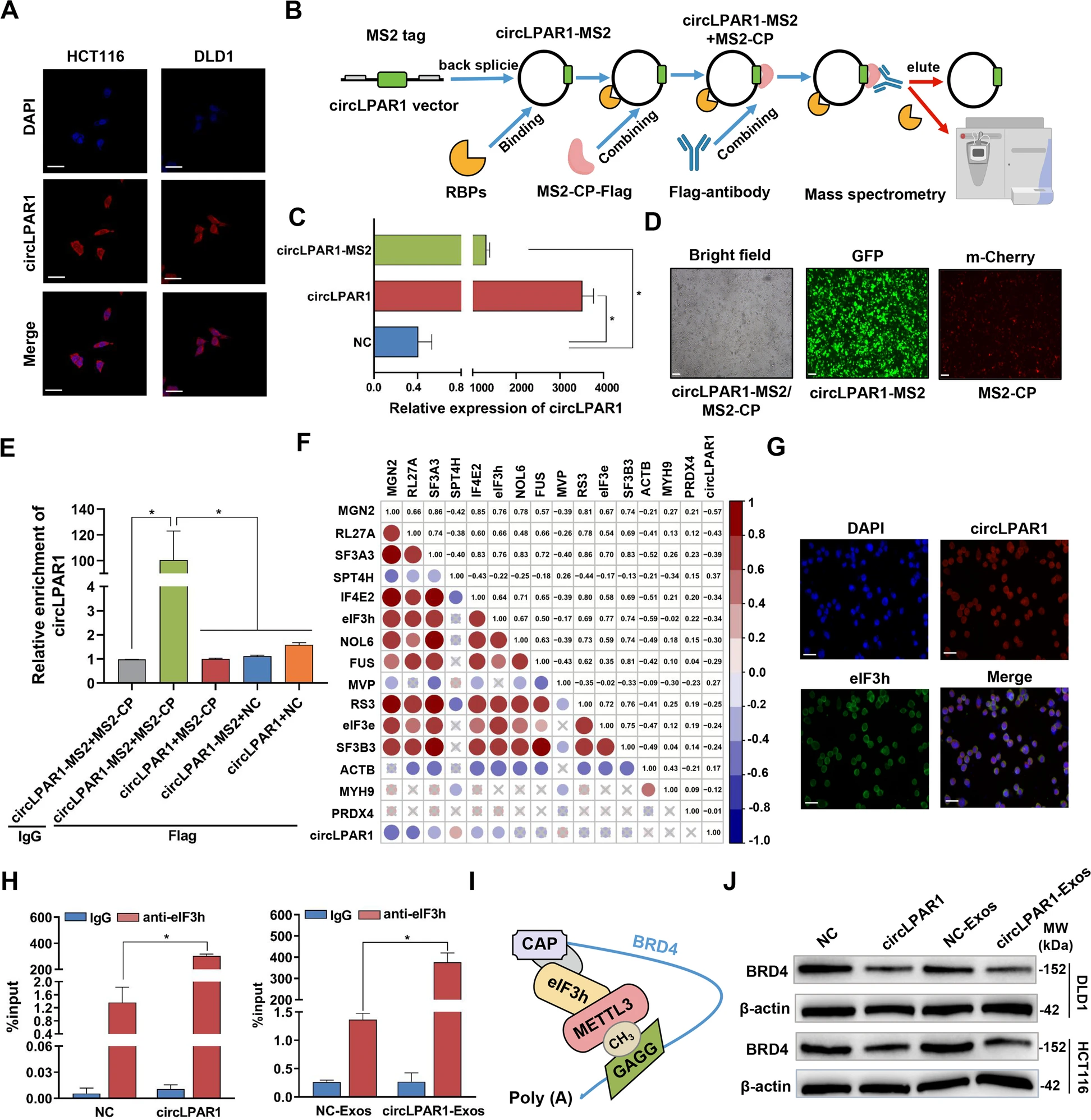Exosomal RNA Isolation and qPCR Analysis Service
Exosomal RNA Isolation and qPCR Analysis Service combines exosome extraction and qPCR quantification to assist clients in extracting pure exosomal RNA from complex biological samples and accurately quantifying the expression levels of specific RNA molecules using qPCR. Exosomes are nanoscale membrane vesicles secreted by cells, capable of transferring information between cells. Their contents include RNA, proteins, lipids, and more. In recent years, exosomes have gained widespread attention due to their potential in intercellular communication, disease biomarker discovery, and clinical diagnostics.
Exosomal RNA, including mRNA, miRNA, and lncRNA, can reflect the functional state of cells and disease progression. Therefore, isolating and analyzing these RNAs provides valuable molecular information for early disease diagnosis, treatment monitoring, and drug development. qPCR technology enables high-sensitivity detection of low-abundance RNA molecules and allows for precise quantification of RNA expression changes across different samples or treatment conditions.
MtoZ Biolabs offers the Exosomal RNA Isolation and qPCR Analysis Service efficiently extracting RNA from exosomes and using qPCR to quantify expression changes, helping researchers obtain valuable information about disease states and therapeutic responses.

Wang J. et al. International Journal of Molecular Sciences. 2022.
Analysis Workflow
1. Exosome Enrichment
Exosomes are extracted from the sample, typically enriched using methods such as ultracentrifugation or magnetic bead-based techniques.
2. Exosomal RNA Extraction
RNA is extracted and purified from the exosomes.
3. Reverse Transcription to Synthesize cDNA
The extracted exosomal RNA is reverse transcribed to synthesize cDNA.
4. qPCR Quantification
The expression levels of target RNAs are quantitatively analyzed using qPCR technology.
Applications
Exosomal RNA Isolation and qPCR Analysis can be applied to various fields, including but not limited to the following:
Cancer Research
Screen exosomal RNA associated with cancer to discover potential biomarkers for non-invasive cancer detection.
Neurodegenerative Diseases
Analyzing RNA changes in patient exosomes can reflect the pathological state of the brain, aiding in early diagnosis and monitoring.
Immunology Research
Exosomes play a crucial role in immune responses, and their RNA can be used to study the mechanisms of immune-related diseases.
Service Advantages
1. Advanced Analysis Platform: MtoZ Biolabs established an advanced Exosomal RNA Isolation and qPCR Analysis Service platform, guaranteeing reliable, fast, and highly accurate analysis service.
2. One-Time-Charge: Our pricing is transparent, no hidden fees or additional costs.
3. High-Data-Quality: Deep data coverage with strict data quality control. AI-powered bioinformatics platform integrates all Exosomal RNA Isolation and qPCR Analysis Service data, providing clients with a comprehensive data report.
4. Experienced Team: MtoZ Biolabs has extensive experience in exosomal RNA isolation and qPCR analysis, ensuring precise and reproducible results.
FAQ
Q. What types of samples can be processed for exosomal RNA isolation and qPCR analysis Service?
MtoZ Biolabs can process a variety of sample types, including but not limited to plasma, serum, urine, saliva, cerebrospinal fluid, amniotic fluid, cell culture supernatants, and exosomes isolated from these samples.
Q. Does the timing and conditions of sample collection affect the quality of exosomes?
Yes. The content and composition of exosomes can fluctuate due to biological rhythms, diet, exercise, or other physiological states. For example, blood samples may be influenced by circadian rhythms, leading to variations in exosomal RNA abundance or types at different time points. Additionally, post-collection handling conditions (such as storage temperature, centrifugation speed, and storage duration) can significantly affect exosome integrity and RNA stability. It is generally recommended to process samples as soon as possible and store them at low temperatures to minimize RNA degradation and exosome morphological changes.
Case Study
This study explores the role of exosomal circular RNA, circLPAR1, in the diagnosis and tumorigenesis of colorectal cancer (CRC). qPCR analysis revealed that the expression of circLPAR1 is upregulated in the exosomes of colorectal cancer patients, suggesting that it could serve as a potential biomarker for CRC, aiding in early diagnosis and treatment monitoring.

Zheng R. et al. Mol Cancer. 2022.
How to order?







